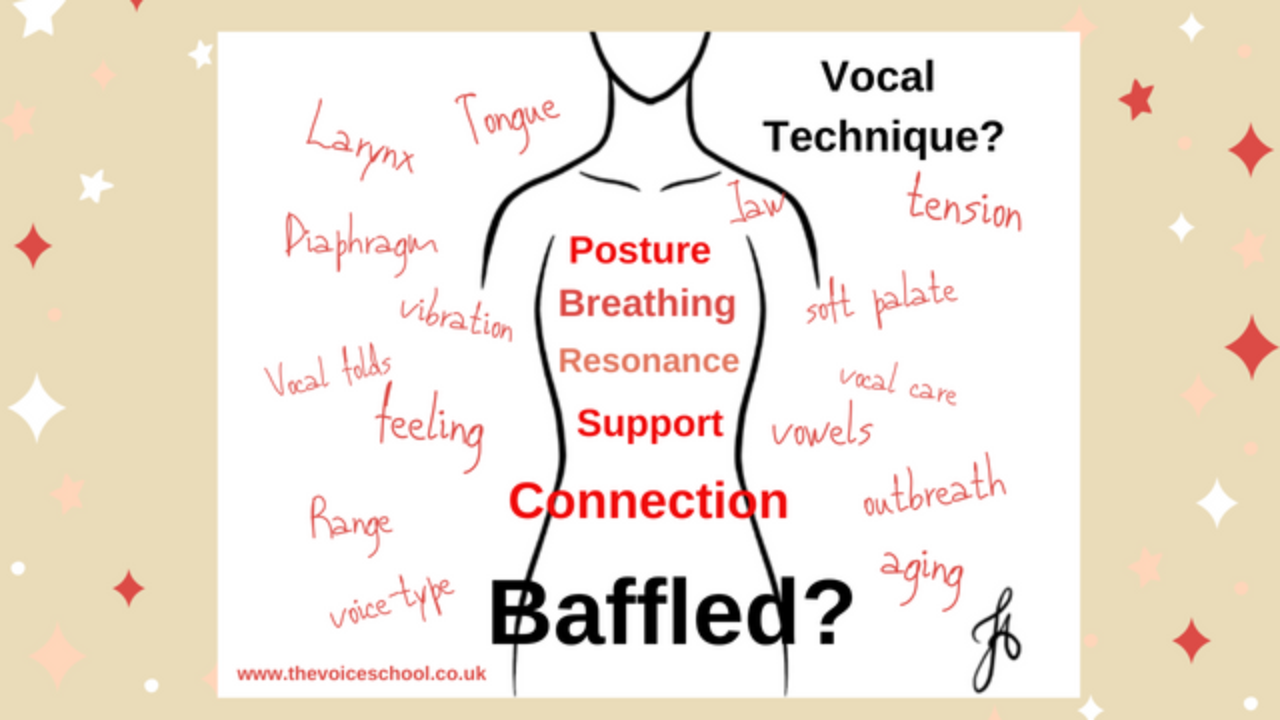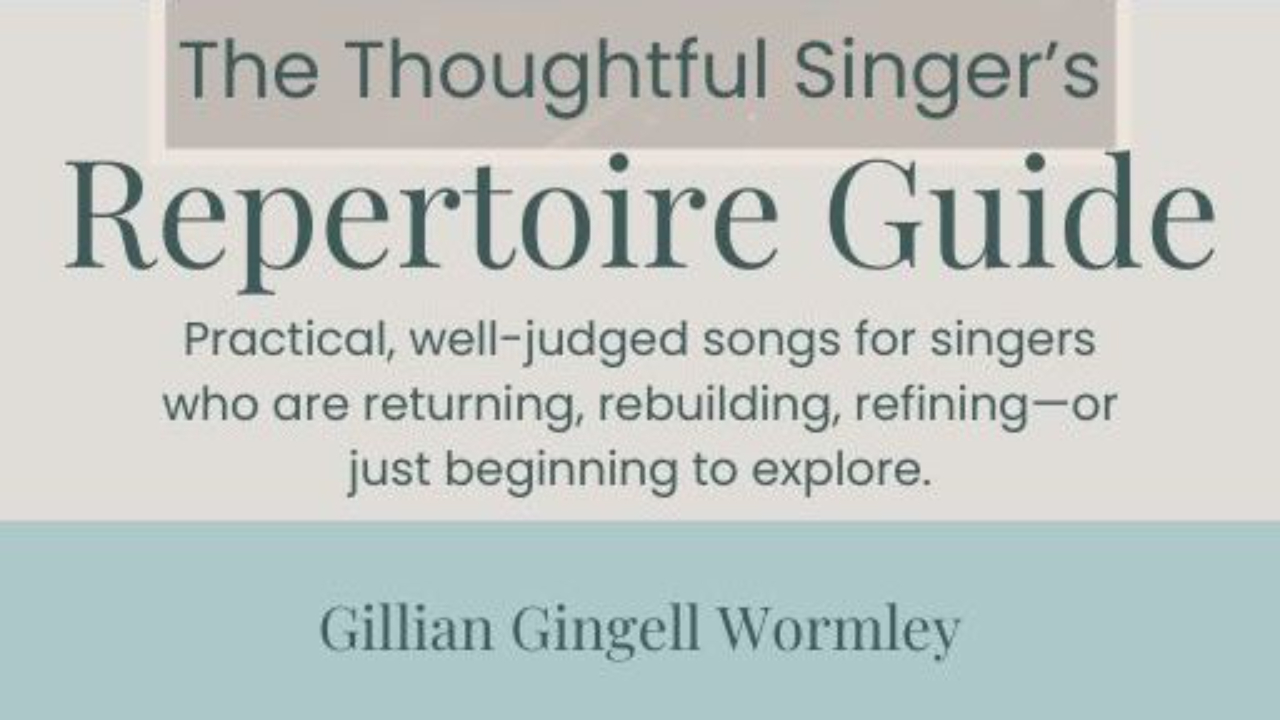Sound advice for singers: finding your authentic voice

Do you know where the root of your vocal problems lies?
Finding your authentic singing voice starts with the way you speak - as do all those little lifetime foibles we create along the way.
Look to the way you speak for weaknesses and physical stumbles - take care to know what they are so that they do not leach their way into how you produce your singing sound.
Fabulous article
I remember reading an article written by then VoiceCouncil writer Kathy Alexander following an interview with Speech-Language Therapist, Sue M Jones. In response to this question,
“Do you ever encounter singers who have an issue with their voice that stems from the way they talk?”
Sue confirmed that many singers experiencing problems with their singing voice actually have problems with excess muscle tension in the production of their speaking voice.
It’s easy to imagine a scenario where we are tempted to use more voice than we should; this, in turn, can lead to habitual constriction in the vocal...
Vocal basics every beginner classical singer should know.

In 2020, I bought a new and interesting book, the delights of which I hardly had time to delve into amid all the extra online Virtual Studio classes and other activities, created by COVID-19 and the human desire for people, singers, to seek to connect.
The book had been sitting on my desk in the study since mid-June that year. Seeing it still there one day, I thought to remind myself why I bought it in the first place. Glancing at the back cover told me everything I needed to know.
"Somatic learning ... through the practice of these methods, a person can become more sensitive to the quality of his or her movement and more integrated in their co-ordination."
Ah - of course! It had to do with POSTURE and more importantly the habits (good and bad) which underpin everything we try to achieve as singers. Vocal Technique-wise, posture is the first of the 3 essential pillars that I talk about in my YouTube technique tutorials, particularly the Vocal Warm-ups.
(The book has a lovel...
Technique Tuesday : Yodelling

By ‘yodel’, singers, I don’t mean ‘a form of singing which involves repeated and rapid changes of pitch between the low-pitch chest register (or “chest voice”) and the high-pitch head register or falsetto.’
No no. This is different. Yet there are similarities …
The infographic alludes to those moments when you’re singing, everything is going smoothly until suddenly your voice does something weird. A ‘yodel’ or a ‘blip’ - a fluctuation in pitch/sound. It can feel embarrassing.
(A good analogy would be: when you’re driving - perhaps negotiating a speed change or a tricky corner - and you don’t quite change gear smoothly enough and the gearbox complains.)
Often when learning a craft or skill, (at any stage of development) there are moments when new muscle memories wrestle with the old, and the result can often mean a spot of spontaneous ‘yodelling’ happens.
There’s an imbalance going on somewhere in the mix.
The remedy lies in reapplication of very basic vocal technique principles a...







